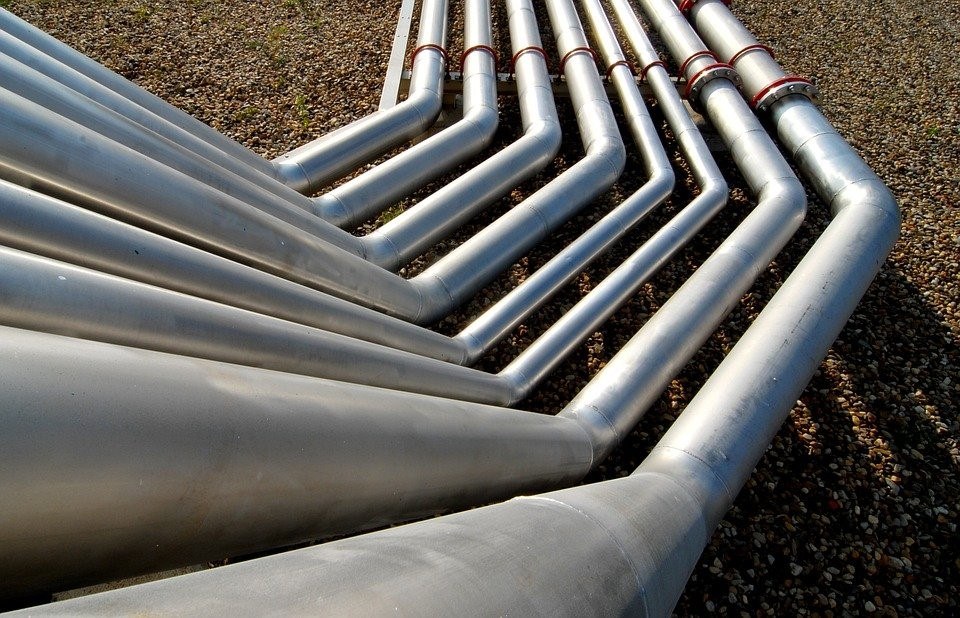6 Different Types of Conduit

A conduit is a plastic or metal pipe through which electrical wires are passed. Conduits are available in several forms including flexible and rigid. Electrical conduit is used to protect wires in exposed locations (such as underground or along the exterior surface of a wall), as well as in incomplete areas (such as crawlspaces, basements, and attics).
There are several different types of conduit that can be used. Each type of conduit is designed for a specific application. Here are some of the different types of conduit you need to know before installing conduit in your home:
Rigid Non-Metallic Conduit
Rigid nonmetallic conduit (RNC) is generally the cheapest and lightest conduit available on the market. However, there are some disadvantages to using this type of conduit. RNC is not able to stand up to impacts, and it cannot be used for grounding as it is made out of plastic. Not only that, but this type of conduit also expands and contracts when exposed to heat. This needs to be considered when choosing the right type of conduit for a job.
Electrical Non-Metallic Conduit
Electrical non-metallic conduit (ENT) like the ones available at https://frecompositesinc.com/ is flexible plastic tubing that is designed to be used inside concrete block structures or residential walls. However, while this tubing is both flame retardant and moisture resistant, it’s not suitable for any exposed locations. This means it should not be installed outdoors or anywhere that could be exposed to the elements.
Electrical Metallic Conduit
Electrical metallic tubing (EMT) is a thin-walled, unthreaded tubing usually made of coated steel or aluminum. This type of conduit is one of the best to use in commercial buildings, however, it is generally not used in residential buildings. EMT is usually much less expensive than other types of conduit, which is why it’s used for large-scale projects.
Flexible Metal Conduit
Electricians recommend using flexible metal conduit (FMC) in dry areas where it would be impractical to install a non-flexible conduit.
PVC Conduit
PVC conduit is a similar size to electrical non-metallic conduit, however, unlike ENT, which is flexible, PVC is rigid. This type of conduit can be heated and bent into different shapes and is joined with threaded connections or glue.
Rigid Metal Conduit
Rigid metal conduit (RMC) is a thick-walled tubing. It is often made out of stainless steel, coated steel, or aluminum. This type of conduit is joined together using connectors. Not only will this type of conduit protect wires from impacts and other damage, but you can also use it as a grounding conductor for short distances.
As you can see, there are several different types of conduit available. Before installing conduits in any property, make sure you understand the different types and what each type is used for. If you’re still unsure about which type of conduit to use for the job at hand, then make sure you contact a professional electrician. They will be able to advice you on the right type of conduit for your job.
